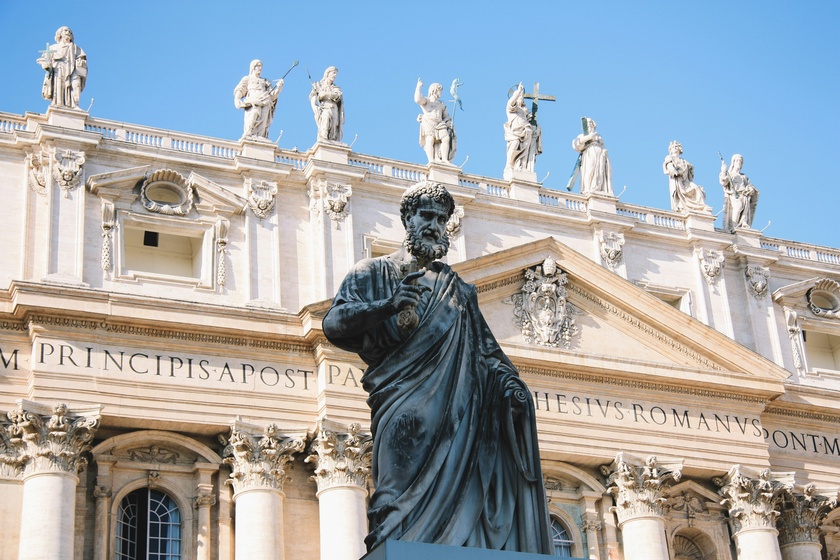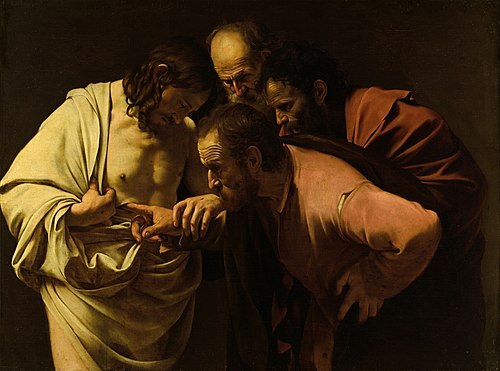Reconciling Ourselves to a Confusing Magisterium
It hardly needs to be said that there is a lot of confusion in the Church today, extending itself all the way to the episcopacy. We have bishops and cardinals criticizing one another, sometimes quite severely. We EVEN have youtubers and social media influencers publicizing their disagreements.
On the one hand, we are told that St. Thomas provides instruction on how superiors can be criticized and resisted by their ancillaries, and canon law tells us (Canon 212) that the faithful have the right and the duty to make known their opinions on matters related to the Church. Simultaneously passages like para. 25 from Lumen Gentium are often cited towards anyone expressing disapproval of recent decisions or instructions coming from Rome where it says that a religious submission of mind and will is owed to the magisterium of bishops and especially to the Pontiff and that any dissent from them draws accusations of schism. And it isn't just to the extraordinary magisterium (councils and ex-cathedra) but also to the ordinary magisterium - virtually any teaching on matters of faith and morals that comes from the Pope's magisterium.
But if we are allowed to criticize and express our opinions, yet we also owe an assent to the magisterium, how can we reconcile these two notions and the apparent warring factions which promote them? Further, how can we make sense of instructions coming from Rome that appear to be contrary to the faith?
The key is in understanding the distinction between disciplines and doctrines. Because the Pope can issue instructions on both, but only one kind is owed that submission of will/mind, which is on magisterial teachings (doctrines). Teachings which address matters of faith and morals require our submission, but governing decisions about disciplines, are not protected from error in the same way and Church history is replete with bad governing decisions by popes and bishops which are rightly looked back on with disapproval.
In the most recent example of the document Fiducia Suplicans, there are indeed teachings, but they don't offer much in the way of controversy. The controversy arrives when we are told that permission can be given for blessings of same-sex couples. Now, of course, there is debate about whether this means couples as couples or individuals presenting as couples, or just a sum of individuals of no other constitutive significance.
Either way, If you find the practice of pastors blessing same-sex couples as couples something that cannot be reconciled with the teachings of the Church (as I do), then you might be consoled to know that in rejecting this instruction, you are only rejecting an instruction about discipline and not a magisterial teaching. If you reject it, you are not failing in your duty to give submission of mind/will to the magisterium of the Pope. You are only rejecting a bad governing decision about discipline and, are therefore, not a schismatic or a heretic as long as you don't use this rejection as some kind of pretext for rejecting the authority of the Pope in other matters.
















